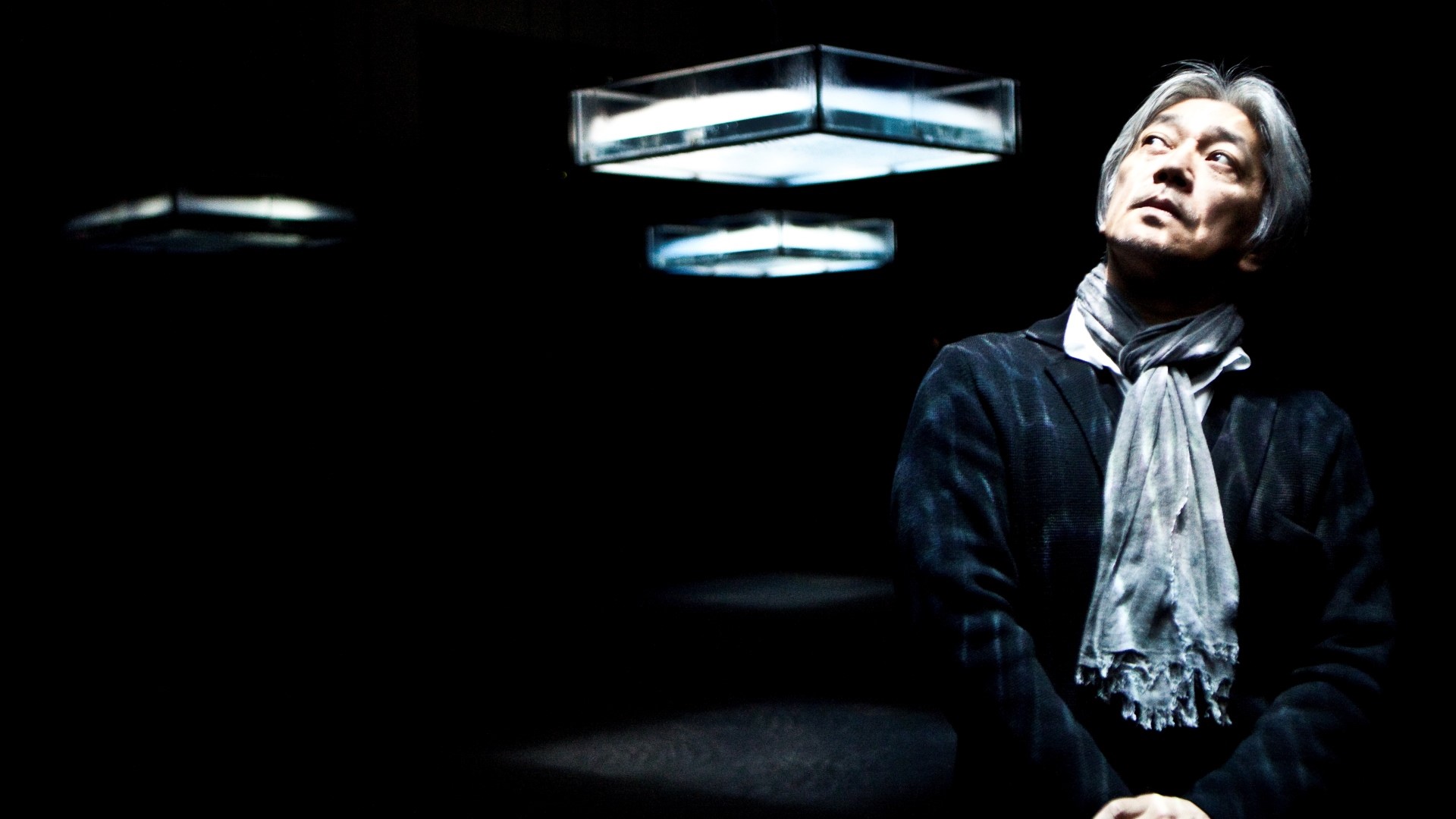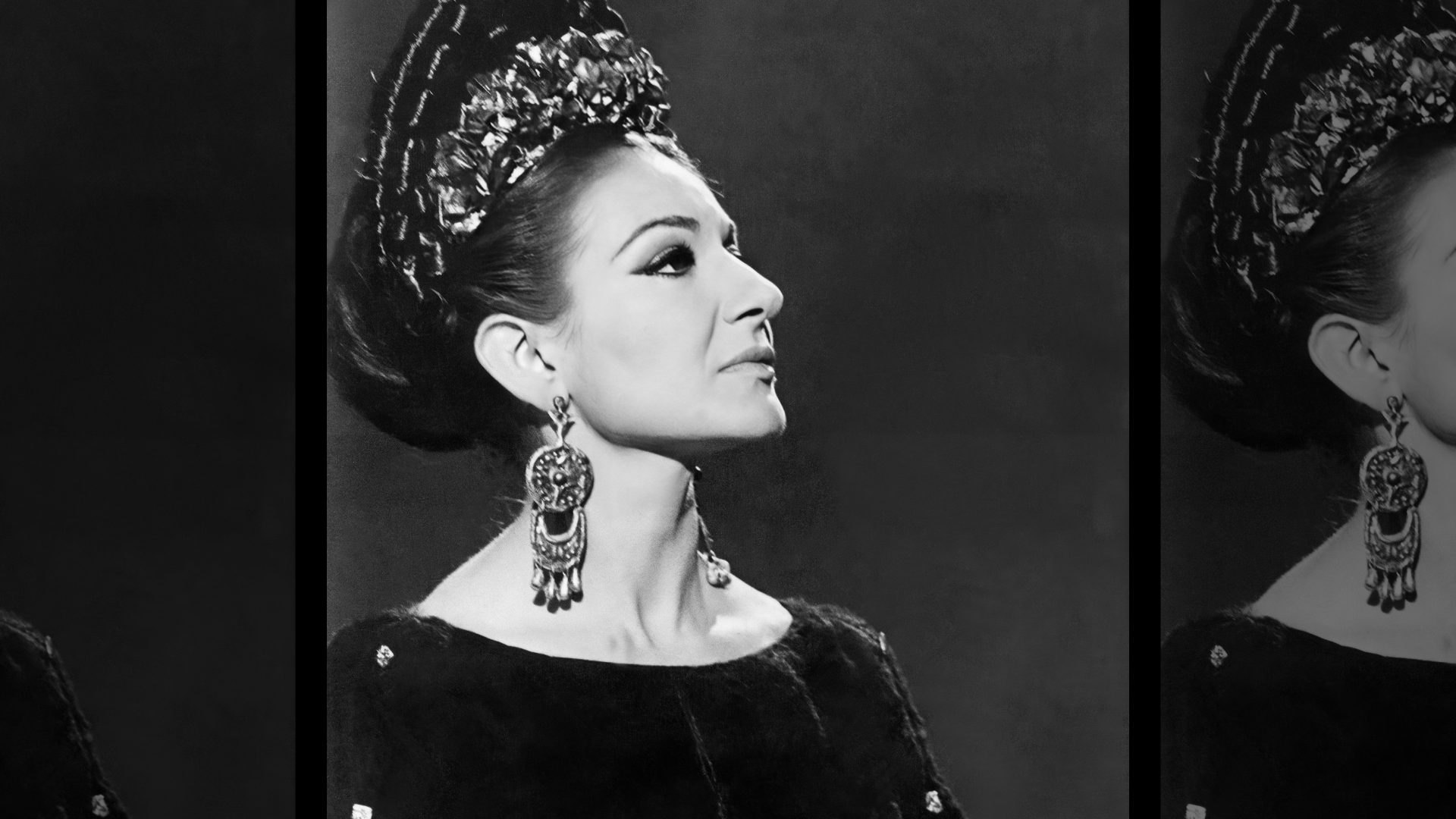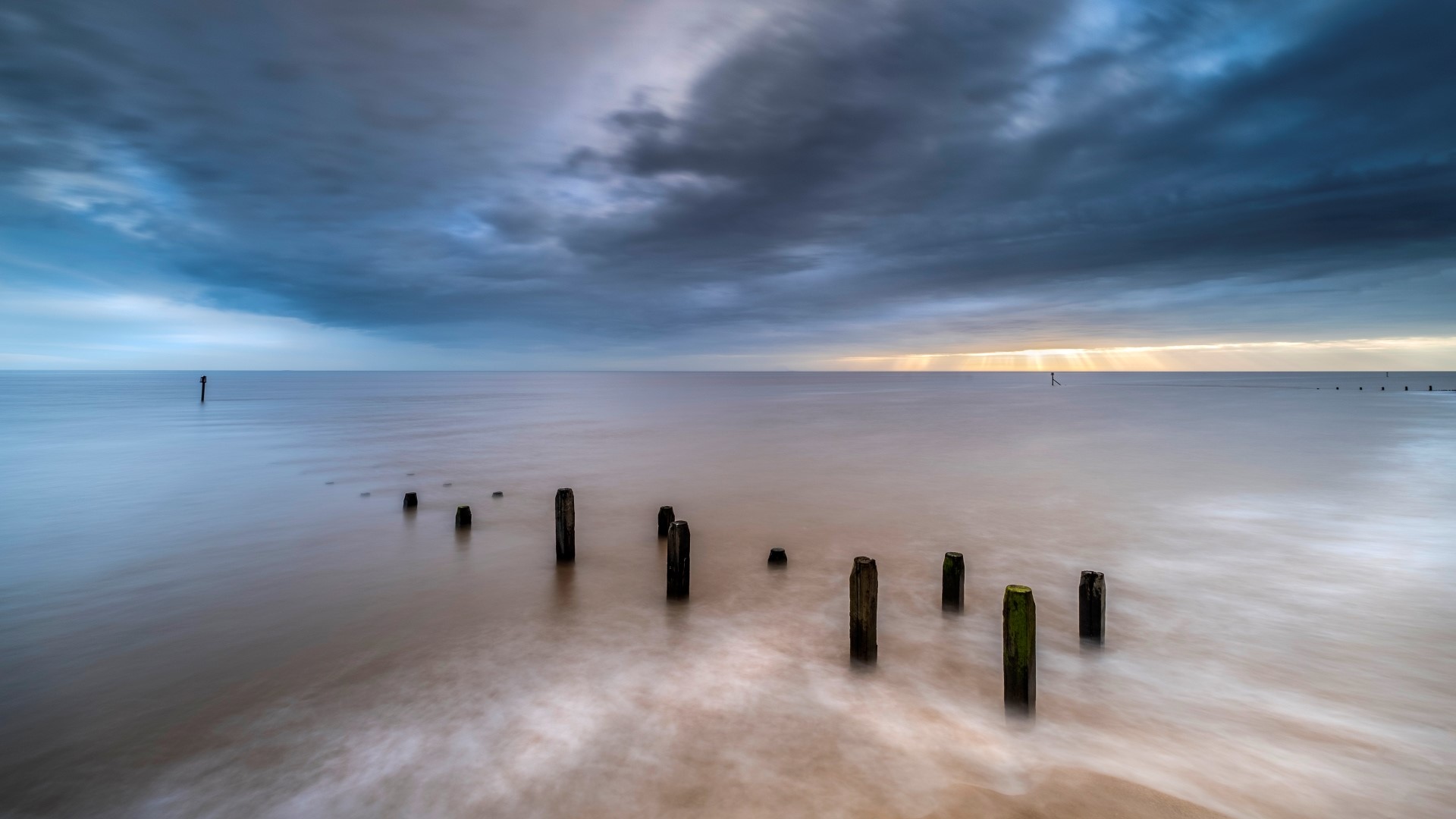Ryuichi Sakamoto seemed to be all about East Asia. Born in Tokyo in 1952, the musician who died last month was endlessly drawn back to the music and culture of his birthplace. As a founding member of pioneering electronic group Yellow Magic Orchestra, he played with ideas of Japanese technological superiority and pop cultural kitsch – their debut single Computer Game sampled arcade hit Space Invaders and reclaimed “father of exotica” Martin Denny’s pastiche of “oriental” music, Firecracker (1959).
As an actor, Sakamoto’s most prominent role was as a stereotypically repressed Japanese in Merry Christmas, Mr Lawrence (1983), playing a prisoner of war camp commander with a homoerotic obsession with an allied soldier (David Bowie). His Oscar-winning soundtrack for The Last Emperor (1987) was the result of a lifetime’s fascination with the traditional music of East Asia.
But Sakamoto himself was no patriot, condemning modern Japan as a country where disagreement is difficult – “You won’t get original thinking in an environment like that,” he said – and being deeply critical of successive governments’ nuclear and environmental policies, particularly following the Fukushima disaster. He snubbed an invitation to write the anthem for the 2020 Tokyo Olympics.
Sakamoto once said plainly: “I was born in Japan but I don’t think I’m Japanese”. Instead, he maintained, “To be a stranger – I like that attitude. I don’t like nationalities and borders.” He described his creative process as simply: “I open my ears to the world”, and his music had an inherent sense of the international. He collaborated with artists from Iggy Pop to Youssou N’Dour, and had notable pop success with some true British originals.
However much he distanced himself from his nationality, Sakamoto’s freedom of thought could be traced back to his youth in post-war Japan. The son of a literary editor and a hat designer, he received a classical musical education, but his studies were soon met by other forces. In 1964, with Sakamoto on the brink of adolescence, the first Beatles releases appeared in Japan on the Toshiba-owned Odeon label. Sakamoto’s fascination with pop was sealed, and later YMO’s cover of Day Tripper on second album Solid State Survivor (1979) would be typical of their whimsy.
Also in 1964, the advanced state of Japanese technology was made clear with the unveiling of the world’s first all transistor-diode electronic calculator at one end of the scale and the Shinkansen bullet train at the other. Soon Sakamoto’s diverse musical influences would join with the possibilities offered by a rapidly advancing music technology, being pioneered by native electronics companies like Akai, Korg, Roland and Yamaha, in his breakthrough musical project.
Sakamoto formed YMO with Yukihiro Takahashi and Haruomi Hosono in 1978. While the trio’s electronic experiments with stereotypically “oriental” sounds were often tongue-in-cheek, the Anglophone world took it seriously enough to make Computer Game a rare hit for a Japanese group on both sides of the Atlantic. The fact that the song went Top 20 on the US R&B chart, with the band even performing it on Soul Train, was indicative of the group’s important influence on Black American music, notably hip hop and Detroit techno.
Although heavily inspired by Kraftwerk, YMO conjured up the neon-lit excitement of Tokyo rather than the grey streets of northern Europe, and singles like Rydeen (1980) and Technopolis (1979) had all the dopamine-triggering freneticism of video game music.
Sakamoto had already made his own solo releases by the time Computer Game got noticed in 1980 but, despite his androgynous beauty and effortless stylishness, he never quite became the international solo pop star he could so easily have become. Debut solo LP Thousand Knives had appeared in 1978 and was followed by B-2 Unit, made with input from Andy Partridge from British art rock band XTC, in 1980. Its standout track Riot in Lagos clearly anticipated techno.
Sakamoto’s major pop successes would all be fronted by other artists, most of them British. Three of his five charting singles in the UK were with David Sylvian, frontman of London art pop outfit, Japan. The pair’s double A side Bamboo Houses/Bamboo Music, again showing Sakamoto’s playing with ideas of “oriental” musical tradition, reached No 30 in the summer of 1982. A year later, surprising hit Forbidden Colours took Sakamoto’s elegant theme from Merry Christmas, Mr Lawrence, but added poignant lyrics and vocals from Sylvian which obliquely explored the film’s themes of homosexuality and religion. It climbed to No 16 in the UK and it remains Sakamoto’s most celebrated composition here.
It would not be until early the next decade that Sylvian and Sakamoto troubled the UK charts again, but when they did it was with a song with the same compelling and slightly ominous feel as Forbidden Colours. 1992’s Heartbeat was anchored in Sakamoto’s fathoms-deep piano chords which seemed to match Sylvian’s lyrics about “drowning in its sea/ Falling at its feet”.
Sakamoto’s collaborations with two other British pop geniuses, which only just scraped into the UK Top 100, are not as well remembered as his work with Sylvian, but not with good reason. Thomas Dolby appeared on Field Work (1986), with its sense of questing to new lands, both internally and externally, mirrored in the lyrics: “Somewhere inside me/ Are the caves of Iwo Jima/ And the sands of Arizona.” Love and Hate (1994), with Holly Johnson, shared its intriguing sense of movement.
But it would be another collaboration with Sylvian where both Sakamoto’s intense worry about global disharmony and his hope for a borderless world became fully articulated. Long a resident of New York, 9/11 had a shattering effect on him, and World Citizen, released in 2003, opened: “What happened here?/ The butterfly has lost its wings/ The air’s too thick to breathe/ And there’s something in the drinking water.” But more hopefully, there were the lines: “I want to travel by night/ Across the steppes and over seas/ I want to understand the cost/ Of everything that’s lost/ I want to pronounce all their names correctly/ World citizen.”
By the time of the release of World Citizen, Sakamoto had become a concert hall-filling pianist, and he would have four top 10 classical albums in the US. He would be considered by many Japan’s greatest post-war composer. Yet, he had clearly found a larger sense of purpose, as he got older, and one of his final acts was to write a letter of protest to the governor of Tokyo about the felling of trees in the city’s Jingu park.
But that sense of the transcendent – in both geography and in purpose – was always there in the music of a man who described his philosophy as “outernationalism” – “Being outernational is like Moses in the desert. There’s no country.”




